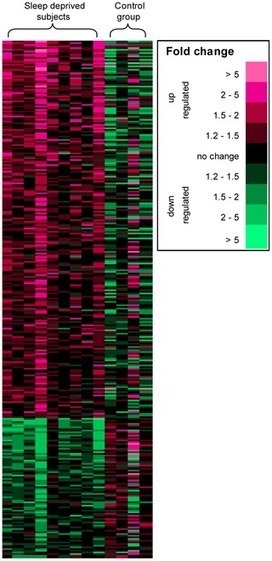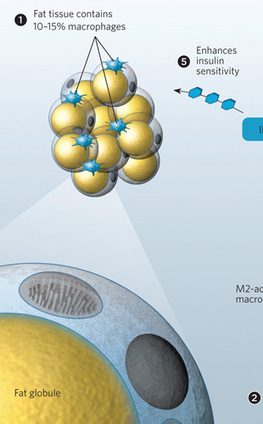PLOS ONE: an inclusive, peer-reviewed, open-access resource from the PUBLIC LIBRARY OF SCIENCE. Reports of well-performed scientific studies from all disciplines freely available to the whole world.
Research and publish the best content.
Get Started for FREE
Sign up with Facebook Sign up with X
I don't have a Facebook or a X account
Already have an account: Login

Resources and Material for Lecturers and Students - Immunology (University level)
Curated by
Alfredo Corell
 Your new post is loading... Your new post is loading...
 Your new post is loading... Your new post is loading...

Sky Sirewest's curator insight,
November 15, 2013 2:38 AM
100-300lbs Weight -Loss Video & how they did it! http://healthtips180.isagenix.com/us/en/isavideos_100lb.dhtml Isa body Challenge Video http://healthtips180.isagenix.com/us/en/video_isabody_challenge.dhtml Athletes Results Video http://healthtips180.isagenix.com/us/en/isavideos_athletes.dhtml ; |
|













Epidemiological studies have shown that short or insufficient sleep is associated with increased risk for metabolic diseases and mortality. To elucidate mechanisms behind this connection, we aimed to identify genes and pathways affected by experimentally induced, partial sleep restriction and to verify their connection to insufficient sleep at population level. The experimental design simulated sleep restriction during a working week: sleep of healthy men (N = 9) was restricted to 4 h/night for five nights. The control subjects (N = 4) spent 8 h/night in bed. Leukocyte RNA expression was analyzed at baseline, after sleep restriction, and after recovery using whole genome microarrays complemented with pathway and transcription factor analysis. Expression levels of the ten most up-regulated and ten most down-regulated transcripts were correlated with subjective assessment of insufficient sleep in a population cohort (N = 472). Experimental sleep restriction altered the expression of 117 genes. Eight of the 25 most up-regulated transcripts were related to immune function. Accordingly, fifteen of the 25 most up-regulated Gene Ontology pathways were also related to immune function, including those for B cell activation, interleukin 8 production, and NF-κB signaling (P<0.005). Of the ten most up-regulated genes, expression of STX16 correlated negatively with self-reported insufficient sleep in a population sample, while three other genes showed tendency for positive correlation. Of the ten most down-regulated genes, TBX21 andLGR6 correlated negatively and TGFBR3 positively with insufficient sleep. Partial sleep restriction affects the regulation of signaling pathways related to the immune system. Some of these changes appear to be long-lasting and may at least partly explain how prolonged sleep restriction can contribute to inflammation-associated pathological states, such as cardiometabolic diseases.